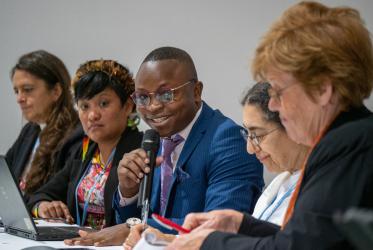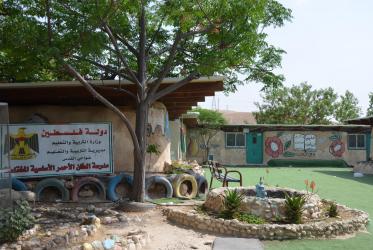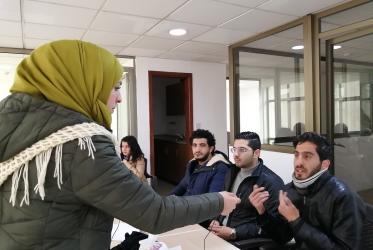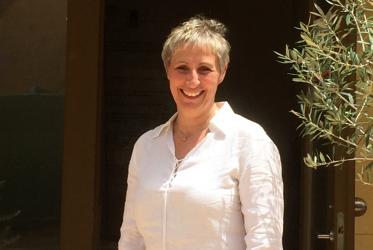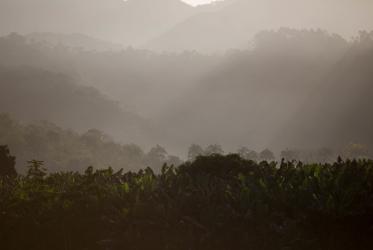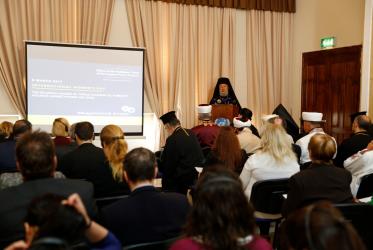Displaying 1 - 20 of 30
As Bethlehem prepares for Christmas, ‘it’s all about community’
08 December 2022
COP side event explores how to deliver on the promise of adaptation
16 November 2022
In East Jerusalem, “we will never give up our rights”
29 October 2021
“Olive trees are holy signs of peace, older than anyone”
22 October 2020
Are migrants seen and heard? Conference presses the question
19 October 2020
Dr Saïd Ailabouni: God is on the side of rejected, oppressed, occupied
12 September 2019
A faith-based, holistic approach to HIV and AIDS-care
13 March 2019
Protect the Amazon, urges WCC statement
22 November 2017
A safe space for sinners to change and for pain to be shared
03 August 2017
In Syria and Iraq, minorities must come out of the darkness
28 November 2016


